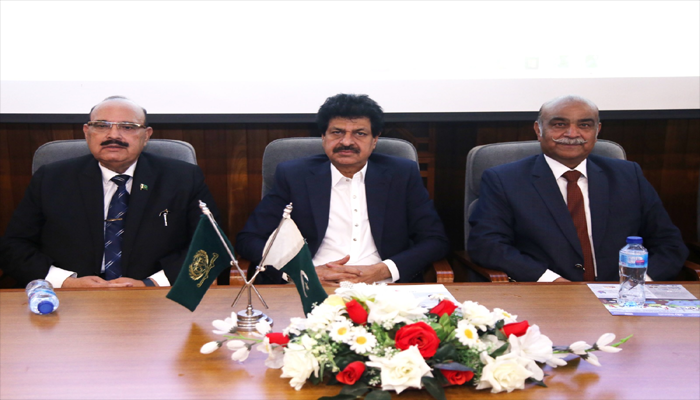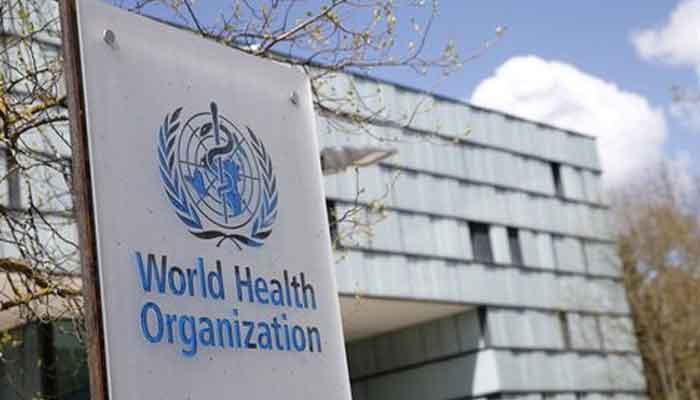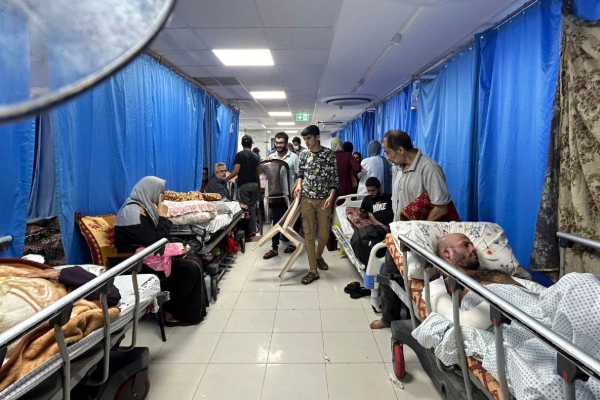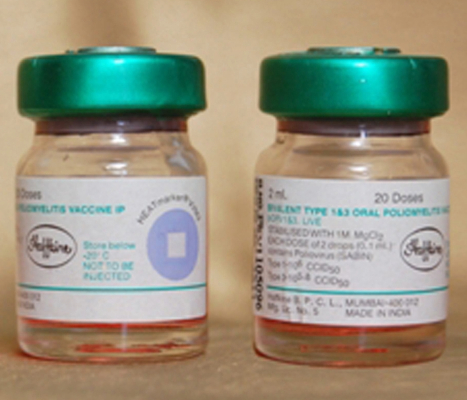DUBAI: The World Health Organization (WHO) has confirmed that the United Arab Emirates (UAE) has reported its first case of the new Clade 1b strain of the mpox virus.
The UAE health authorities were alerted after a patient tested positive for this strain, marking the first such case in the country. The WHO has since issued a statement regarding the situation and is closely monitoring the outbreak to prevent its spread.
Mpox, formerly known as monkeypox, is a viral disease that typically occurs in Central and West Africa but has made headlines globally in recent years due to outbreaks in non-endemic regions. This new strain, Clade 1b, is a variation of the virus that has been observed in several countries, raising concerns over its potential for rapid transmission and greater severity.
The infected individual in the UAE has been isolated and is receiving medical care in a hospital. Health officials have stated that the patient’s condition is stable, and there are no reports of further cases at this time. The UAE Ministry of Health and Prevention (MOHAP) has assured the public that strict monitoring and precautionary measures are being taken to contain the spread of the virus.
“The UAE Ministry of Health and Prevention is fully prepared to handle this case, following all necessary protocols to ensure the safety of the community,” the ministry said in a statement. They also urged the public to follow preventive measures, including hygiene practices and vaccination, as a way to limit exposure to the virus.
According to the WHO, Clade 1b of mpox is associated with more severe symptoms compared to the previously identified strains. The symptoms include fever, rashes, swollen lymph nodes, and sometimes complications such as secondary infections or inflammation of the brain. While the disease is typically mild in most cases, the new strain has been linked to a higher risk of complications, particularly in people with weakened immune systems.
The WHO has emphasized that there is no cause for panic but urged health authorities to remain vigilant. They have recommended that health officials across the region increase surveillance and testing to identify any potential further cases. The organization also highlighted the importance of ensuring that healthcare providers have access to the most up-to-date information on mpox and its evolving strains.
The discovery of the new Clade 1b strain of mpox has prompted several countries to review their public health responses. WHO officials have stressed the importance of global cooperation to contain the spread of mpox and prevent outbreaks from becoming widespread.
In response, the UAE health authorities have increased awareness campaigns and are working closely with global health organizations to track and respond to any emerging threats. With vaccination efforts in place for high-risk groups and ongoing monitoring, the country is hopeful it can mitigate the risk of further cases.
As of now, authorities continue to advise the public to stay informed about the disease and take necessary precautions to prevent infection.









